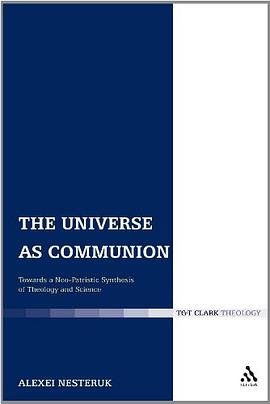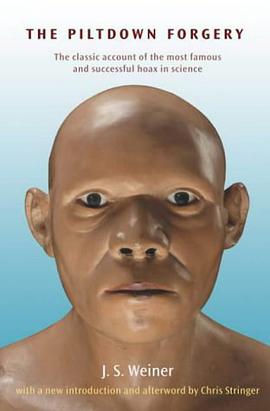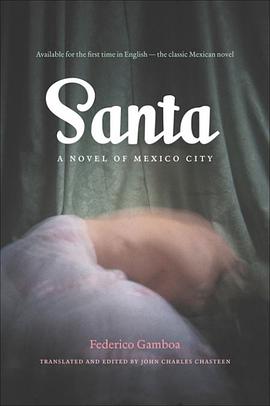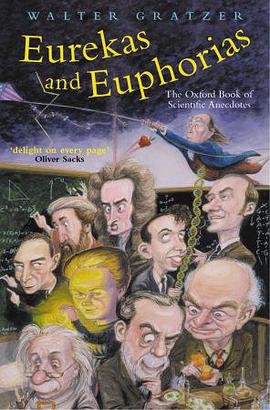

具体描述
In this book a new and distinctive approach to the science-religion debate emerges from a synthesis of the Eastern Orthodox Christian tradition with phenomenological thought. Developing ideas of Greek Patristics the author treats faith, with its sense of the Divine presence, and knowledge of the universe, as two modes of communion which constitute the human condition. The modern opposition between science and theology (which is historically paralleled with the Church's split between East and West, and monasticism and Christianity in the world), is treated as the split between two intentionalities of the overall human subjectivity. The human person, as a centre of their reconciliation, becomes the major theme of the dialogue between science and theology.
It is argued that the reconciliation of science and theology is not simply an academic exercise; it requires an existential change, a change of mind (metanoia), which cannot be effected without ecclesial involvement. Then the person who effectuates the mediation between science and theology is raised to the level of "cosmic priesthood" while the mediation acquires the features of a "cosmic Eucharist" in which all divisions and tensions in creation and humanity are removed.
It is through this existential change accompanied by phenomenological analysis that scientific theories can be subjected to a certain "vision" through which the hidden ultimate goal (telos) of scientific research (as the explication of the human condition) shows its kinship to the saving telos advocated by Christian faith. The opposition between theology and science is thus being para-eucharistically overcome.
作者简介
目录信息
读后感
评分
评分
评分
评分
用户评价
相关图书
本站所有内容均为互联网搜索引擎提供的公开搜索信息,本站不存储任何数据与内容,任何内容与数据均与本站无关,如有需要请联系相关搜索引擎包括但不限于百度,google,bing,sogou 等
© 2026 book.wenda123.org All Rights Reserved. 图书目录大全 版权所有




















